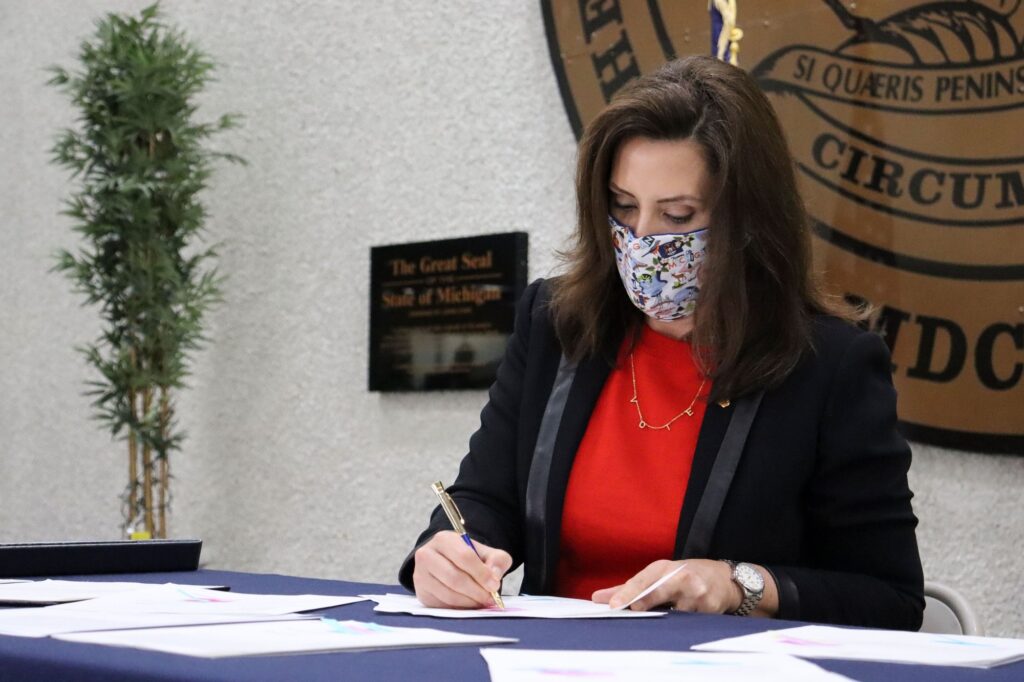Governor Whitmer signs “Clean Slate” Criminal Justice Reform Bills

LANSING — Governor Gretchen Whitmer has signed legislation that reforms criminal justice.
The bipartisan House bills make it easier for people who have committed certain felonies and misdemeanors to have their record expunged.
According to the governor, these bills remove barriers that keep people from being productive members of society.
“For too long, criminal charges have created barriers to employment, barriers to housing, and others for hundreds of thousands of Michiganders,” said Governor Whitmer. “These bipartisan bills are going to be a game-changer. They will ensure a clean slate for hundreds of thousands of people. And they will help us grow our workforce and expand access to education and skills training.”
The changes proposed by House Bills 4980-4985 and 5120 include the following:
- Creates an automatic process for setting aside eligible misdemeanors after seven years and eligible non-assaultive felonies after 10 years.
- Expands the number and revises the types of felonies and misdemeanors eligible to be set aside by application.
- Revises the waiting periods before being eligible to apply.
- Treat multiple felonies or misdemeanor offenses arising from the same transaction as a single felony or misdemeanor conviction, provided the offenses happened within 24 hours of one another and are not assaultive crimes, or involves possession or use of a dangerous weapon, or is a crime that carries penalty of 10 or more years in prison.
- Expands expungement eligibility to various traffic offenses
- Allow a person to petition to set aside one or more marijuana offenses if the offense would not have been a crime if committed after the use of recreational marijuana by adults became legal in the state (December 6th, 2018).
Research conducted by the University of Michigan law school, which was recently published by the Harvard Law Review, found that people who receive expungements see a 23% increase in income within a year. This means more resources for families and communities, and a broader tax base, without any negative impact on public safety.
